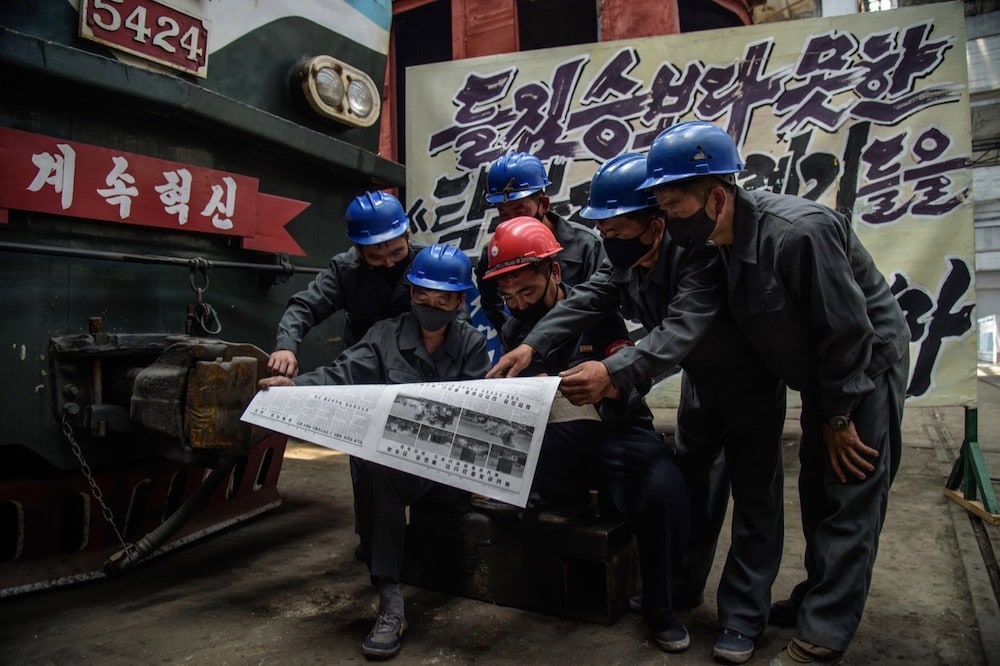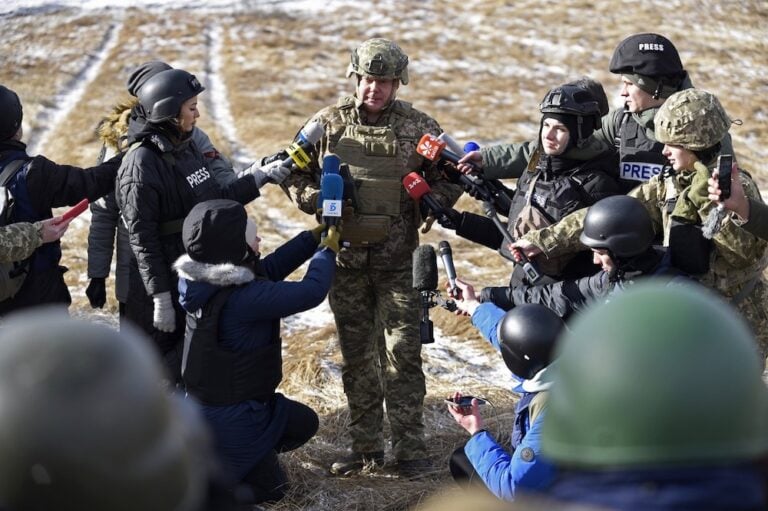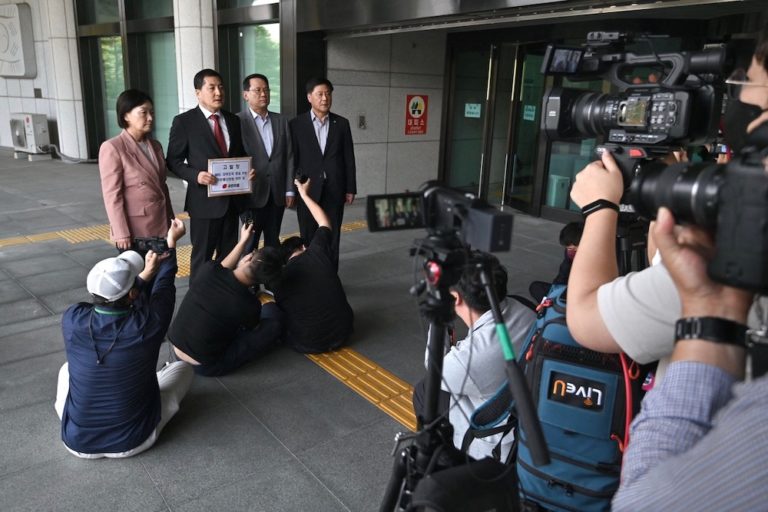In their submission to the Constitutional Court, ARTICLE 19 and Open Net Association argued that the Act is vague and overbroad and does not meet international freedom of expression standards.
This statement was originally published on article19.org on 20 September 2022.
On 13 September 2022, ARTICLE 19 and Open Net Association submitted a third-party intervention to the Republic of Korea’s Constitutional Court in a case concerning the constitutionality of the National Security Act (the Act). The brief argues that the Act is vague and overbroad and does not meet international freedom of expression standards. It is also being used to suppress the free flow of information, restrict freedom of the media and criminalise certain forms of expression, in particular opinions relating to North Korea.
On 15 September 2022, the Constitutional Court of South Korea started its review of the National Security Act (the Act) – adopted in 1948 as a temporary measure to counter the military threat posed by North Korea. The review follows 11 petitions filed by individuals and district courts that challenge the constitutionality of the Act. Prior to the hearing, ARTICLE 19 and Open Net Association Inc (Open Net Korea) submitted a joint amicus brief in the case.
The Act aims to ‘secure the security of the state, and the subsistence and freedom of nationals,’ but it has been used to criminalise positive comments made about North Korea, as well as the dissemination of alleged North Korean propaganda. Prosecutions under the Act have included, among others, individuals being charged for sharing articles praising North Korea online and possessing books that contain similar views to those held by North Korea. It has served to target and prosecute a range of actors, from human rights defenders to journalists.
Our submission, which is based on international freedom of expression standards, argues that the Act fails to meet the requirements for restrictions of the right to freedom of expression (the so-called three-part test), provided for by Article 19 of the International Covenant on Civil and Political Rights. In particular:
- The term ‘anti-government organisation’ used in Article 7 of the Act is not defined. The term is vague, which makes it unclear what types of organisations may fall under the scope of the Act. International bodies have also raised concerns about the Act’s ‘vague wording’. The failure to define a key term of the Act is highly concerning and can only lead to its unclear and overbroad application in practice. National security laws, due to their very nature, must be clearly defined in law.
- The Act has been used to justify the criminalisation of certain forms of expression, particularly opinions on North Korea. National security can be a legitimate aim to restrict expression. However, its simple invocation does not automatically make the restrictions legitimate. The threat to national security still needs to exist. Indeed, the expression of opinions that may create empathy for an ‘enemy entity’ cannot be automatically considered a threat to national security.
- While there exists a special geopolitical context, it does not justify implementing restrictions on freedom of expression that derogate from international standards. The restrictions must remain necessary and proportionate in a democratic society. In this case, it has been observed by international bodies that other national laws, criminal ones specifically, are sufficient to deal with national security threats.
ARTICLE 19 and Open Net Korea believe that the Act is an obstacle to the full enjoyment of freedom of expression and urges the Constitutional Court to repeal it.



